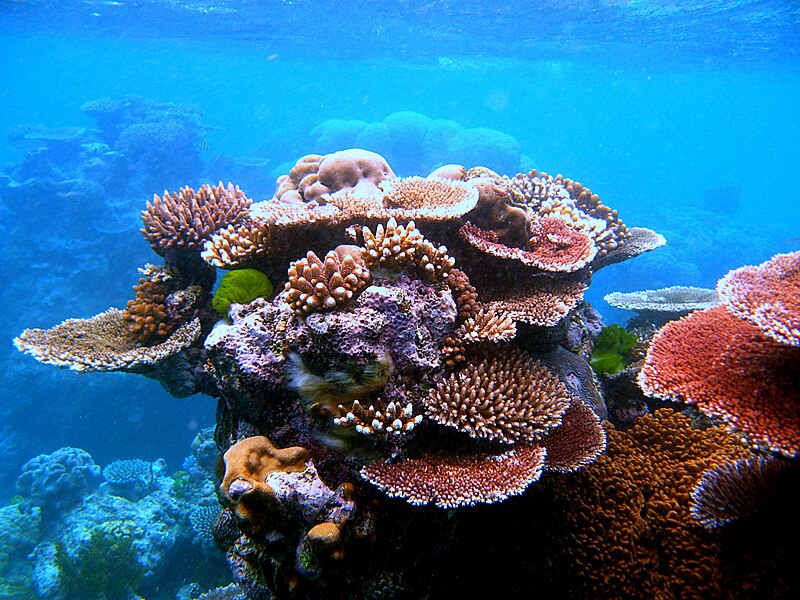Unraveling the Mystery: The Moon’s Impact on Coral Reef Acoustics
A recent study suggests that the Moon’s influence extends beyond celestial movements, impacting the sounds emitted by coral reefs and indicating shifts in ecosystem activity. Coral reefs possess unique soundscapes, generated by the movements of fish as well as other organisms within the reef. Scientists leverage this ambient noise to monitor the reef’s environmental dynamics.
Investigating Lunar-Triggered Shifts in Reef Acoustics
Researchers from the Naval Undersea Warfare Center (NUWC) and the Advanced Research Projects Agency – Energy (ARPA-E) in the US observed that the underwater acoustic environment experienced rapid changes correlating with the lunar rise and set. NUWC researchers delved into the world of coral reef acoustics, using underwater microphones to capture the soundscapes of reefs off the coast of Hawaii.
Think of a coral reef as a bustling underwater city. Snapping shrimp, grazing fish, and nocturnal predators all contribute to the unique soundscape. The study proposes that the moon’s gravity acts as a conductor, influencing marine behaviour and causing variations in reef noise.
Harnessing Reef Sounds for Ecosystem Protection
The primary advantage lies in its potential application for conservation endeavors. The team proposes that playing back reef sounds could aid in attracting more fish to a reef. By understanding how the moon affects reef sounds, scientists can use underwater acoustics as a tool to monitor the health of these vital ecosystems. Changes in the soundscape could signal shifts in predator-prey dynamics or disruptions in reef activity, providing early warnings of environmental threats.
The moon’s influence on coral reefs adds another layer of complexity to the delicate balance of these underwater worlds. While the full ecological implications remain to be explored, this research opens doors for a deeper understanding of how celestial forces intertwine with the rhythms of life on Earth.







